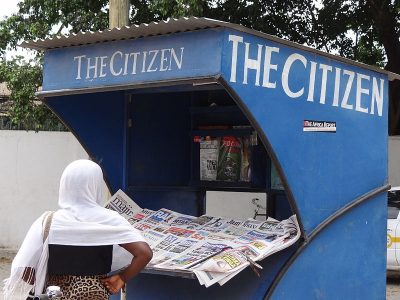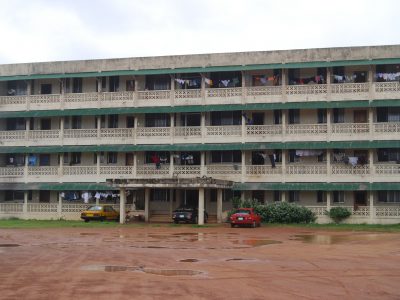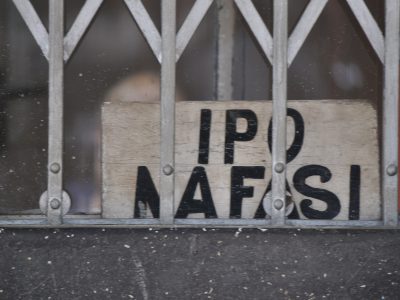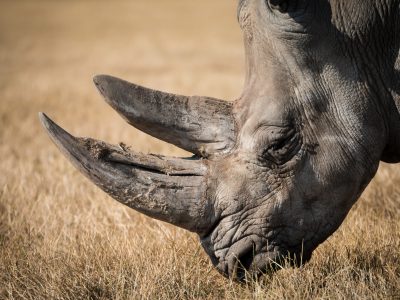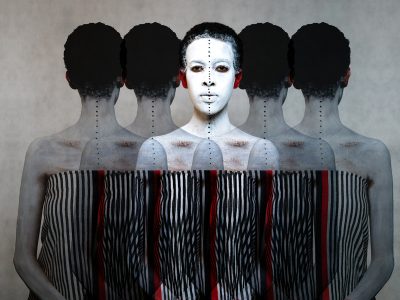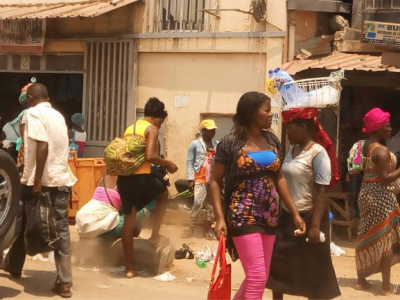Stories about Sub-Saharan Africa from November, 2018
Former Angolan president José Eduardo dos Santos accused of corruption by his successor
João Lourenço said in a interview with a Portuguese newspaper that he found the state's coffers empty when he took office in 2017.
Netizen Report: Tanzania’s crackdown on free speech targets media advocates from CPJ
Committee to Protect Journalists staffers were detained in Tanzania, China is flagging fake news on Weibo and activists across Africa face arrest on defamation charges.
Mozambique’s new China-funded Maputo-KaTembe bridge, the longest in Africa, comes with high tolls
At 785 million US dollars, the bridge is the most expensive infrastructure project undertaken in Mozambique since its independence in 1975.
‘Tuition free for all in public universities in Liberia’, says President George Weah
Mr. Weah’s tuition-free announcement sounds plausible, but neither he nor the Liberian government has the monetary and logistical support for the realization of the policy.
Mauritania keeps anti-slavery activist Biram Dah Abeid in prison — and far away from parliament
Biram Dah Abeid, who is also an elected government official, is accused of slandering and threatening a journalist with close ties to the Mauritanian government.
Tanzania's stance on homosexuality points to an increasingly repressive political agenda
Even if Tanzania sorts out its mixed messages on homosexuality and human rights — there are other challenges keeping the foreign affairs minister up at night.
Zimbabwe's black rhinos at risk as China reverses a 25-year ban on horns
Conservationists lack the financial resources required to increase security and boost capacity to monitor and track poachers in Zimbabwe's national parks. China's partial ivory-ban reversal may make matters worse.
Africa uncovered: an interview with Aida Muluneh
"[...] being African is really more complex as well and it’s not just one thing. There are different definitions and different interpretations and I just happen to be one of those."
Angolans react to government's new law-and-order initiative
"The most important rescue by the state would be to provide the conditions to guarantee decent jobs"


